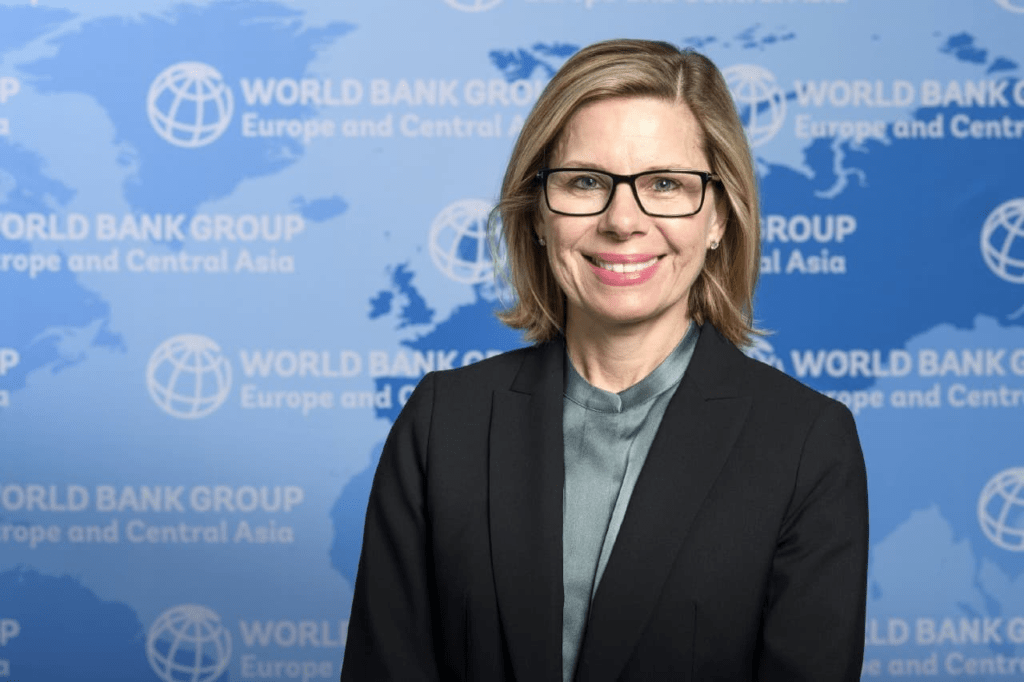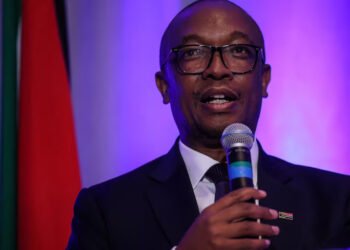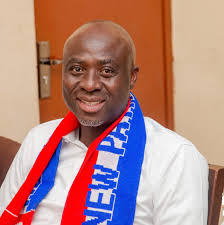Ms Anna Bjerde, the Managing Director of Operations at the World Bank, has warned Ghana of jeopardizing its Foreign Direct Investment (FDI) as a result of energy challenges.
The Managing Director of Operations at the World Bank stressed the critical need for Ghana to implement a comprehensive action plan to tackle issues surrounding metering, billing, and revenue collection within the energy sector.
“Ghana should take caution about the looming risks of financial challenges and potential loss of Foreign Direct Investment inflows unless urgent measures are taken to address the country’s pressing energy challenges.”
Ms Anna Bjerde
Ms Bjerde, speaking at a press conference, emphasized that the World Bank stands ready to provide technical support to the Ghanaian government and other stakeholders to avert a downward spiral in the sector. She underscored the importance of uninterrupted progress in resolving metering, billing, and collection challenges and ensuring that revenue is appropriately allocated to the intended sources.
Ms Bjerde urged the government to demonstrate proactive leadership in addressing these issues promptly, thereby mitigating the current challenges faced by the sector.
World Bank’s Commitment to Supporting Ghana’s Budget
Furthermore, the Managing Director of Operations at the World Bank expressed the World bank’s commitment to supporting Ghana’s budget, with a particular focus on bolstering the energy sector. Ms Bjerde acknowledged that while Ghana’s challenges are not unique, the gravity necessitates immediate attention to prevent further deterioration.
Ms Bjerde emphasized the World Bank’s strong desire to collaborate with the Ghanaian government to ensure that the energy sector is well-positioned to meet its objectives.

Notably, the World Bank has previously identified Ghana’s energy sector debt as a significant contributing factor to the country’s overall debt burden. The institution has flagged various factors driving the country’s debt situation, emphasizing the need for prompt and decisive action.
Ghana is urged to take swift and resolute action to address its energy challenges, as failure to do so could have far-reaching consequences, including financial difficulties and a potential decline in FDI inflows.
The World Bank aims to provide comprehensive support to the Ghanaian government through technical assistance and financial resources, with the aim of revitalizing the energy sector and ensuring its long-term sustainability.
Recently, to secure Ghana’s energy future, the World Bank supported the Energy Sector Recovery Plan (ESRP) of the Government of Ghana for affordable and reliable electricity supply and enhance the accountability in the energy sector.
The World Bank’s Board of Directors also approved a record investment of $700 million in guarantees for Ghana’s Sankofa Gas Project – a transformational project that will help address the country’s serious energy shortages by developing new sources of clean and affordable natural gas for domestic power generation.
The Board approved a unique combination of two guarantees for the Project – an IDA Payment guarantee of $500 million that supports timely payments for gas purchases by Ghana National Petroleum Corporation and an IBRD Enclave Loan guarantee of $200 million that enables the project to secure financing from its private sponsors.
Ghana has suffered macroeconomic shocks in recent years – partly due to challenges being faced by the country’s power sector. A combination of water shortages for hydropower, erratic gas supplies from external sources, energy debts, and delays in the development of domestic gas resources and new power plants have led to frequent power outages that affected the poor the most.
READ ALSO: KIC Inaugurates New Office to Expand Agribusiness Services And Improve Local Economic Governance


















